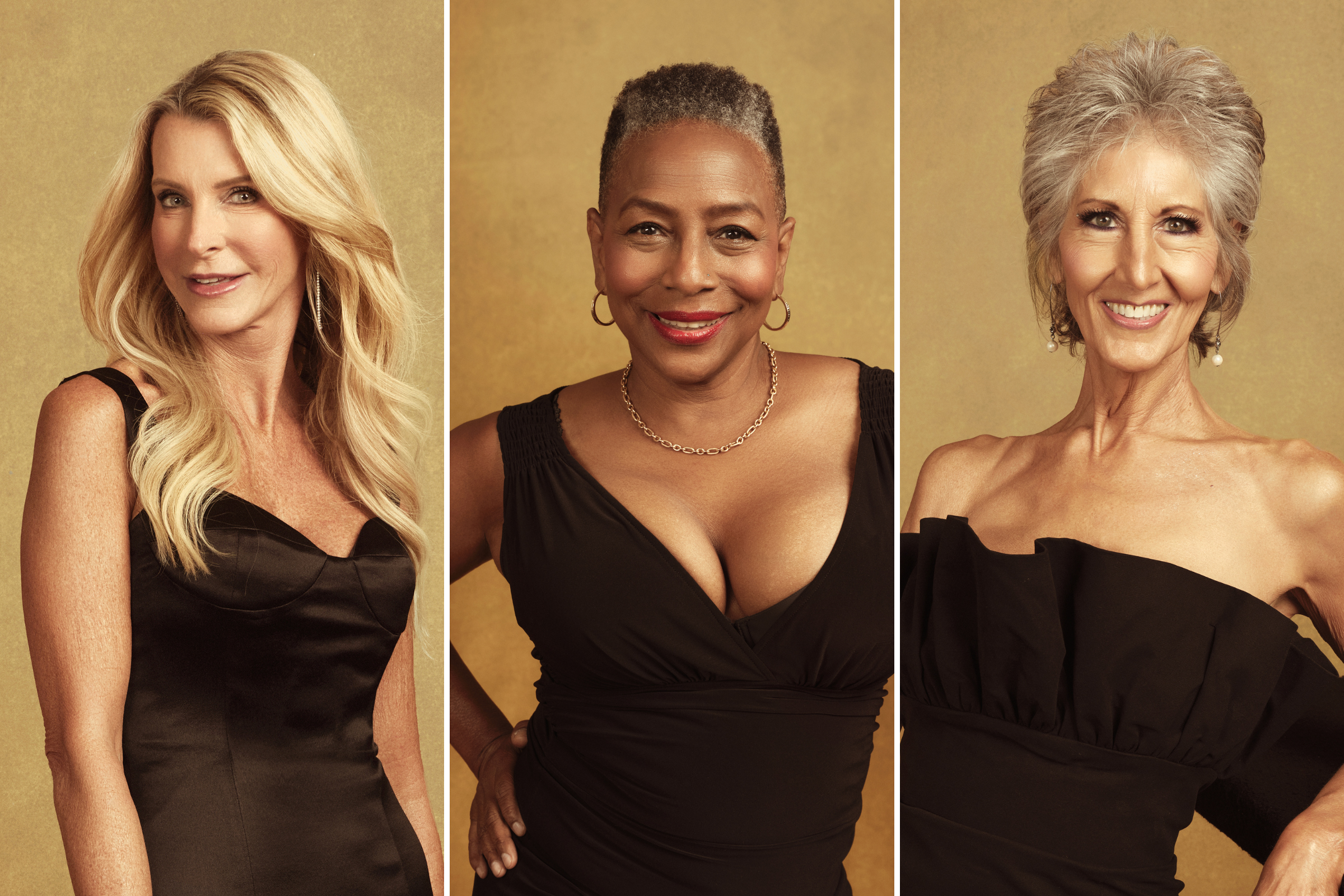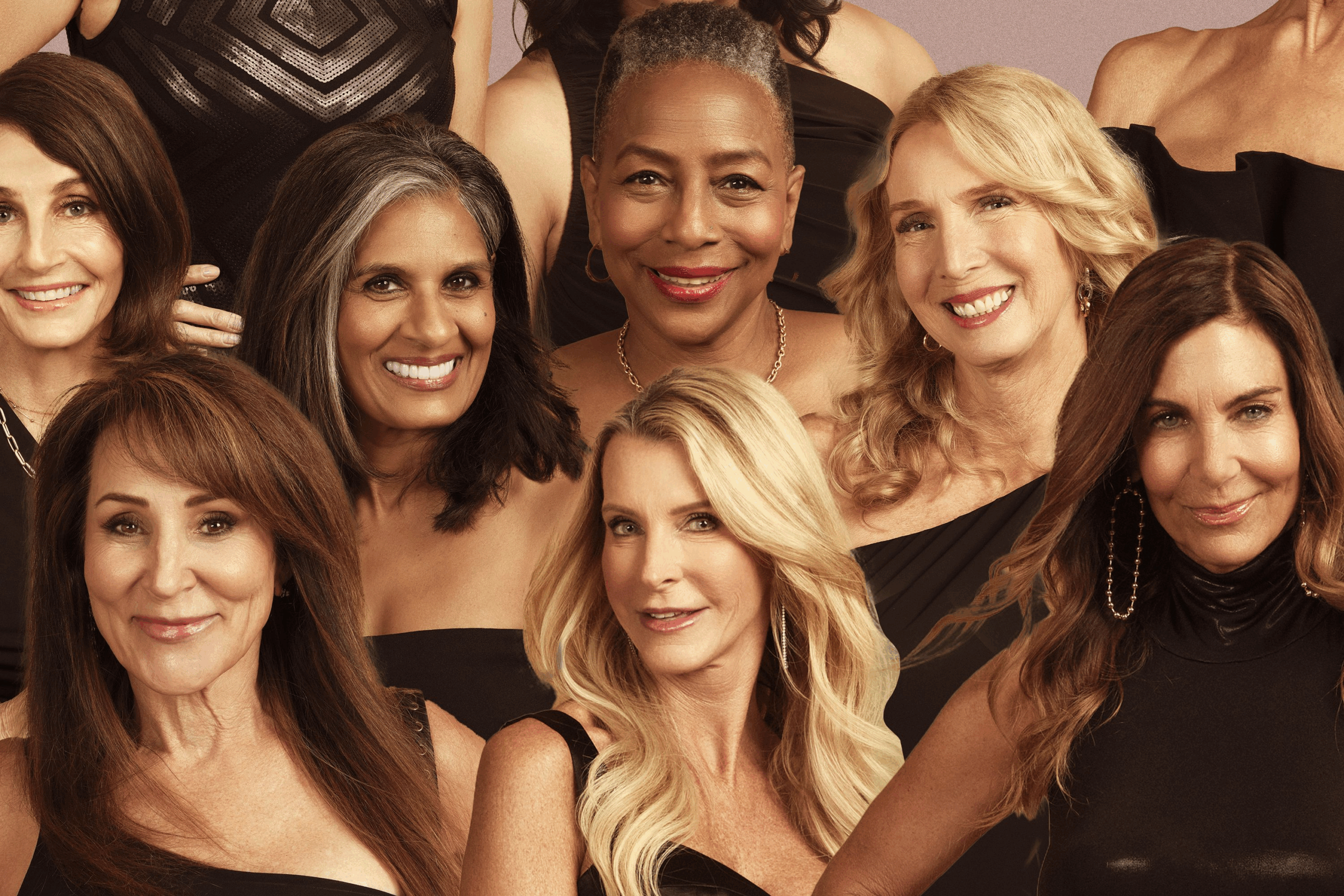
More Than Just a Spin-Off
When The Golden Bachelor was first announced, some viewers were skeptical. Could a dating show starring seniors hold the same allure as its younger counterparts? Could it draw an audience? Would it be compelling?
The answer, as it turns out, was a resounding yes. What began as a bold experiment quickly became a cultural phenomenon—one that not only captivated millions but also changed the landscape of reality television.
Shattering Age Stereotypes
For decades, romance on TV has been reserved almost exclusively for the young. But The Golden Bachelor defied that norm, showcasing love stories between people in their 60s and 70s. The result? A show that was not only touching, but refreshingly real.
These were not relationships based on fleeting attraction or manufactured drama. They were rooted in deep conversation, vulnerability, and life experience. Contestants weren’t trying to “win” love—they were trying to find it, again, with open hearts and minds.
This shift showed audiences that age doesn’t limit our ability to connect or dream.
A Softer, Kinder Tone
Unlike many reality shows that thrive on chaos and confrontation, The Golden Bachelor offered a gentler tone. There was empathy, not rivalry. The women supported each other. Gerry listened instead of competing for attention. And the show allowed space for grief, healing, and honest reflection.
This emotional maturity gave the show a rare dignity, while still being deeply entertaining. It proved that high ratings don’t have to come at the cost of kindness.
A Conversation Starter
Perhaps one of the most significant impacts of The Golden Bachelor has been the conversations it sparked. Families began talking about dating after widowhood. Adult children watched with their parents. Grandparents felt seen. And younger viewers were challenged to reconsider their ideas about aging and romance.
The show invited empathy across generations. It encouraged audiences to recognize that love doesn’t have an age limit—and that every stage of life deserves to be honored with curiosity and compassion.
The Ratings and the Response

The success of The Golden Bachelor wasn’t just anecdotal. The show drew impressive ratings and a flood of social media engagement. TikTok and Instagram buzzed with clips, commentary, and heartfelt fan reactions.
Audiences didn’t just watch—they felt. And in a media environment saturated with fast-paced content, The Golden Bachelor carved out space for something slower, sweeter, and more substantial.
What Comes Next?
The success of the show has already led to speculation about spin-offs: Will there be a Golden Bachelorette? A senior Bachelor in Paradise? Should there be more dating shows for people over 50?
If the response to The Golden Bachelor is any indication, the answer is clear. Viewers are ready for more love stories that reflect a broader spectrum of life. They’re ready for characters who are not just beautiful—but wise, layered, and deeply human.
Gerry’s Legacy
At the heart of it all is Gerry Turner. His honesty, charm, and emotional transparency made him the perfect first “Golden Bachelor.” He wasn’t just looking for love—he was showing us what love looks like when it’s shaped by years of life, not just youthful passion.
His journey reminded us that loving again is an act of courage—and that the heart doesn’t retire when we do.
A Cultural Shift
The Golden Bachelor didn’t just entertain. It changed things. It offered a model for aging with dignity, for dating with purpose, and for storytelling that honors the complexity of older adults.
Its legacy will go beyond ratings. It has opened the door for more inclusive representation on screen. And most importantly, it has reminded people—of all ages—that their most meaningful chapters may still lie ahead.
Because love, after all, is golden at any age.
